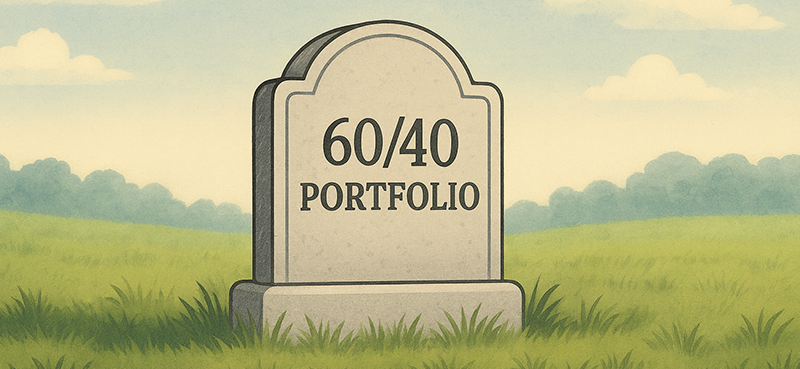The recent strike by Canadian railroad workers has sent shockwaves through the economy…
And if it doesn’t end soon, it could quickly spiral into a supply chain crisis.
But, while the situation could mean catastrophe for various sectors… it could also mean potential windfalls for others.
In this article, we’ll explore the far-reaching consequences of the Canadian rail strike… and reveal a promising investment poised to profit from this major economic disruption.
How the Canadian rail strikes will impact the economy
After months of tense negotiations over working conditions, safety issues, and employee relocations, the Canadian National (CN) and Canadian Pacific Kansas City (CPKC) railways locked out nearly 10,000 employees earlier this week—essentially shutting down the railroads.
In response, the Teamsters Canada Rail Conference union went on strike.
The Canadian government intervened, forcing the two parties to resolve their issues in arbitration.
The railroads lifted their lockouts, but the union is still picketing as it considers its options.
Meanwhile, thousands of rail cars loaded with vital goods—from grain and fertilizer to automobiles—sit idle on the track.
Factories face production slowdowns, farmers worry about getting their crops to market, and consumers brace for potential shortages and price hikes.
The situation has widespread implications, as Canadian railroads play a crucial role in North American supply chains. Let’s look at a few stats:
- 30% of all freight rail operations in Canada cross into the U.S. each year
- Agriculture alone ships 25,000 rail cars per week
- 75% of all fertilizer products used in Canada are moved by rail
- 94% of grain is transported by these railways
- Over 2 million new cars and trucks are shipped via these railroads to more than 12 North American vehicle assembly plants
Industry experts suggest that for every day the rails are shut down, it could take up to three days to recover. So, even if the strike is relatively short-lived, the recovery might now be.
The economic impact of this strike is already being felt. Nutrien, a major fertilizer company, has stated that it stands to lose $60 million per day in sales. CF Industries, another key player in the agriculture sector, has also reported significant disruptions to its operations.
But, as with any market disruption, while there will be many losers… there will be winners, as well…
The railway strike is good news for this stock
As many companies scramble to find alternative shipping methods, one company stands to benefit significantly: TFI International (TFII).
TFI International is the largest trucking and logistics company in Canada. It offers a range of services, including truckload and less-than-truckload—allowing it to meet various shipping needs.
As rail shipments grind to a halt, desperate businesses are turning to trucking companies to keep their supply chains moving. This sudden surge in demand is likely to drive up prices for trucking services, leading to surging profits for companies like TFI.
Put simply, with the railroads offline, TFI is positioned to capture a huge portion of that diverted business… at premium rates.
It’s also worth noting that TFI reported better-than-expected earnings in July, while other logistics companies have been struggling. The numbers highlight the company’s ability to adapt and thrive in harder economic environments.
The bottom line: While the Canadian rail strike is causing headaches for many businesses and consumers, TFI International (TFII) is poised to capitalize on this situation, potentially delivering strong returns in the coming weeks and months.
Frank and Daniel deep-dive into the situation in the latest episode of WSU Premium. They also cover stocks to watch from the latest 13Fs… “the Netflix of the defense industry”… and a small-cap growth story with tons of room to run.
Access the full episode with WSU Premium.





















